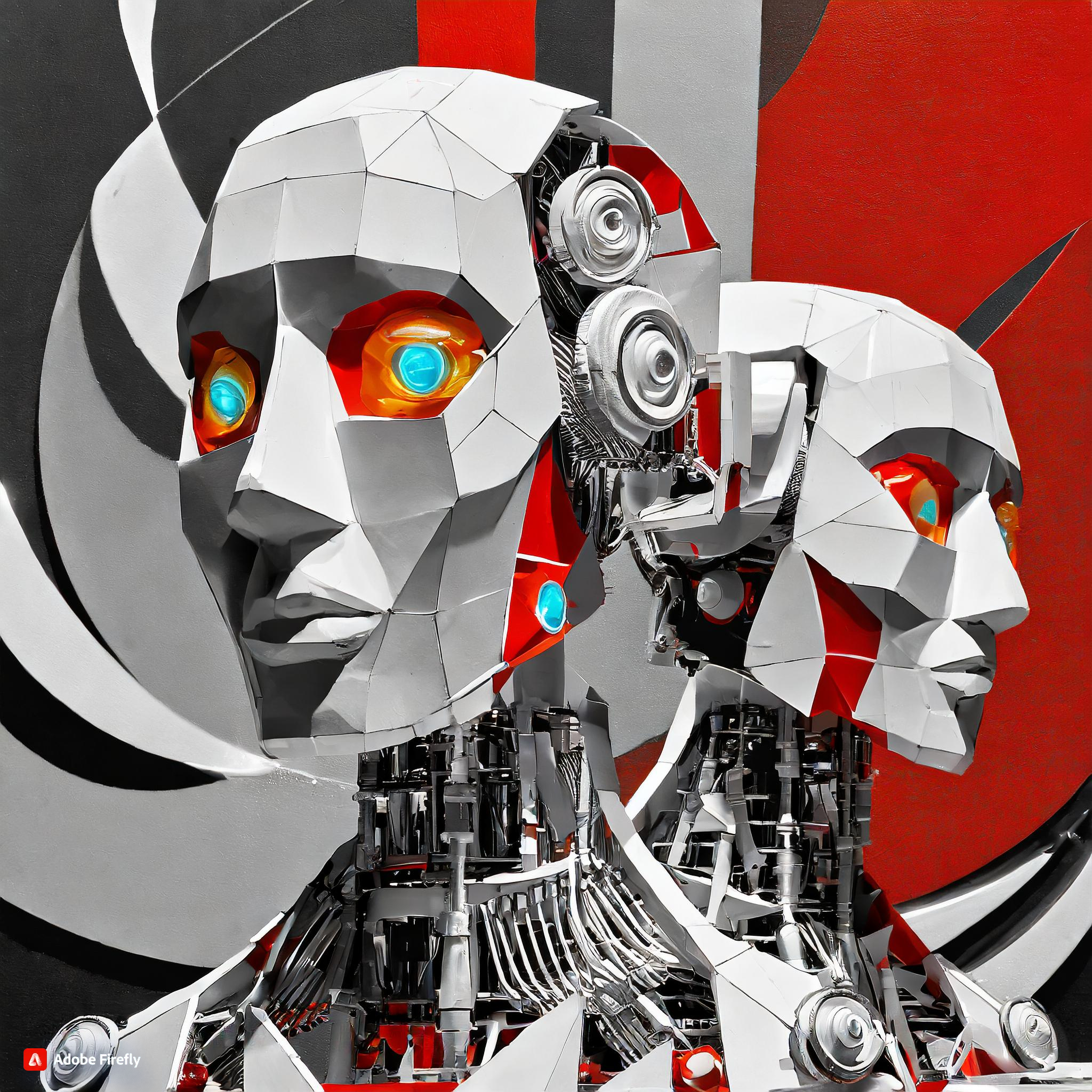Ripples of Unease: Global Perspectives on Humanoid Integration

In the burgeoning landscape of technological innovation, the interplay between humans and intelligent agents assumes center stage. The latest survey, unveiled on 12/04/2024, unveils a tapestry of sentiments across G7 nations regarding the integration of humanoid robots into various facets of society. With each response, a mosaic of apprehensions and aspirations emerges, reflecting the intricate dynamics of human-robot coexistence.
A Spectrum of Sentiments:
Within the collective consciousness of G7 countries, a spectrum of emotions swirls around the prospect of humanoid companions. While acknowledging the inevitability of technological advancement, a prevailing unease permeates the populace. Chief among concerns is the specter of job displacement, with nearly 80% of respondents expressing fears of automation encroaching upon traditional employment domains. Additionally, apprehensions regarding the erosion of social interactions loom large, with 71% harboring reservations about robots assuming human roles.
- Across surveyed nations, approximately 60% reject the idea of androids bearing human resemblance.
- Thomas Linkenheil, CEO of United Robotics Group, highlights the influence of pop culture and science fiction in shaping public perceptions.
Divergent Paths:
Amidst the backdrop of skepticism, pockets of acceptance and resistance emerge across various sectors. While industries such as healthcare and scientific research beckon robot assistance, primary education settings witness staunch opposition to digital integration. Notably, the US stands as a beacon of openness, advocating for the introduction of robots in educational spaces, juxtaposed against prevalent skepticism in Germany and France.
- The majority reject robot presence in primary schools, with notable exceptions in the US.
- Respondents endorse robot utilization in healthcare and industrial domains to streamline operations and enhance productivity.
Bridging the Divide:
As society grapples with the advent of humanoid counterparts, a chasm of knowledge divides perceptions. Despite the omnipresence of technological marvels, a significant portion of the populace remains inadequately informed about robot advancements. Addressing this knowledge deficit necessitates proactive measures, with Linkenheil advocating for early exposure and interaction with robotic technologies to foster understanding and acceptance.
- Merely 40% of respondents claim adequate awareness of robot developments.
- Linkenheil underscores the importance of bridging generational divides through early technological engagement.
In the crucible of human-robot interaction, the survey illuminates pathways toward a harmonious coexistence. While trepidation shadows the horizon, opportunities for symbiotic collaboration beckon. By navigating the currents of skepticism and fostering informed dialogue, society can forge a future where humanoid companions enrich, rather than usurp, the human experience
Key Highlights:
- Job Displacement Concerns: Nearly 80% of respondents across G7 nations express apprehensions about job displacement due to automation, signaling widespread fears of robots encroaching upon traditional employment sectors.
- Social Interaction Apprehensions: A significant majority, comprising 71% of surveyed individuals, harbor reservations about humanoid robots assuming human roles in social interactions, reflecting concerns about potential societal shifts.
- Preference Against Human Resemblance: Approximately 60% of respondents reject the idea of humanoid robots bearing human resemblance, indicating a preference for distinct differentiation between humans and digital counterparts.
- Sectoral Acceptance and Resistance: While sectors such as healthcare and scientific research witness endorsement for robot integration, primary education settings face resistance, particularly in countries like Germany and France.
- Educational Openness in the US: The United States stands as an outlier, with a majority advocating for the introduction of robots in primary educational settings, highlighting divergent perspectives across surveyed nations.
- Knowledge Gap: Despite the ubiquity of technological advancements, only 40% of respondents claim to be adequately informed about robot developments, underscoring a significant knowledge deficit within the populace.
- Generational Divide: Addressing the knowledge gap necessitates bridging generational divides through early exposure and interaction with robotic technologies, as advocated by experts like Thomas Linkenheil, CEO of United Robotics Group.
Reference:


